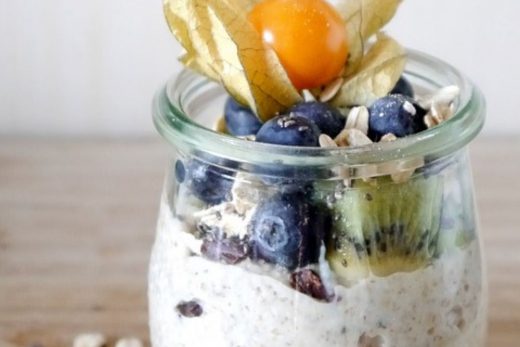VITAMIN C
- It is an excellent antioxidant for the body. It minimizes the damage caused by bad environmental factors such as sun and air pollution to the skin. It prevents the structural support elements of the skin such as collagen and elastin from being destroyed and the skin from losing its firmness. It is effective in removing superficial fine lines and wrinkles on the skin. The best known source of vitamin C is all kinds of citrus fruits such as lemon, tangerine, grapefruit, orange. It is also abundant in vegetables such as red and green peppers, radishes, cabbage, cauliflower, parsley, and broccoli.
VITAMIN A
- It is important for the maintenance, repair and formation of new cells. It is one of the most important vitamins that delay the aging of the skin and even reduce the signs of aging. It is mostly used in orange and yellow fruits such as apricots and melons; in vegetables such as carrots, sweet potatoes, tomatoes and hot peppers; It is found in abundance in leafy greens such as kale, spinach and broccoli, and liver. Vitamin A deficiency can cause problems such as skin flaking and acne.
SELENIUM
- It is an antioxidant mineral responsible for tissue elasticity. It prevents cell damage caused by free radicals. It also plays an important role against skin cancer and also prevents the skin from being damaged by sunlight. Wheat germ, garlic, walnuts, eggs, brown rice, whole grain bread, salmon, and tuna can be counted as foods that contain plenty of selenium.
VITAMIN E
- Vitamin E, which has an important place in moisturizing the skin, is also a good antioxidant. It makes the skin look soft and smooth. Combined with vitamin A, it protects the skin from some cancers. Foods containing vitamin E include butter, eggs, meat and meat products, fish, dry beans, almonds, peaches and avocados.
WATER
- Dry skin wrinkles prematurely. It is thought that consuming foods with high water content such as watermelon, cucumber, broccoli, spinach, apricot, pomegranate and avocado is as important as drinking plenty of water daily in maintaining the moisture balance of the skin.
FATTY ACIDS
- Unsaturated fatty acids and omega-3 are very important for skin health. In particular, the restructuring of the skin is responsible for the moisture content and elasticity of the skin. When essential fatty acids are not taken in sufficient quantities, cells lose their natural color and appear lifeless, dry and pale, early signs of aging and wrinkles occur on the skin.Smackerel, mackerel, sardine, anchovy, linseed oil, kiwi, walnut, almond, hazelnut, beans, soy. Your skin will have a younger appearance when you consume foods rich in omega-3 such as beans, chickpeas, broccoli, and cabbage. For other unsaturated oils, you can choose olive oil and hazelnut oil.
ZINC
- Controls the skin’s oil production and acne-producing hormones. Pimples are often a sign of zinc deficiency. It is involved in the functioning of the immune system and repairing the skin. Among the foods containing zinc; pumpkin seeds, ginger, walnuts, oats and eggs.





